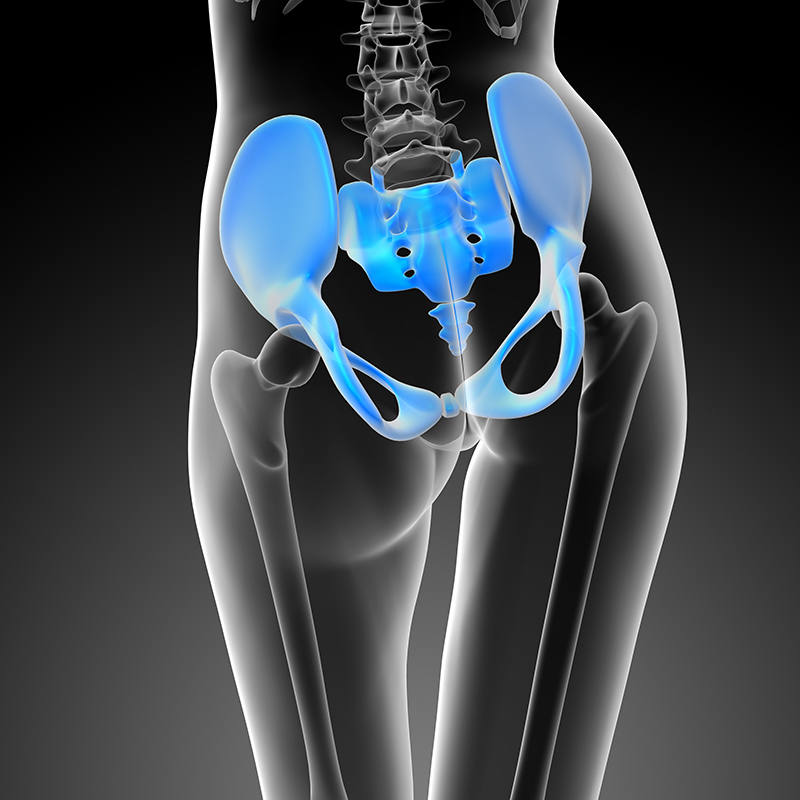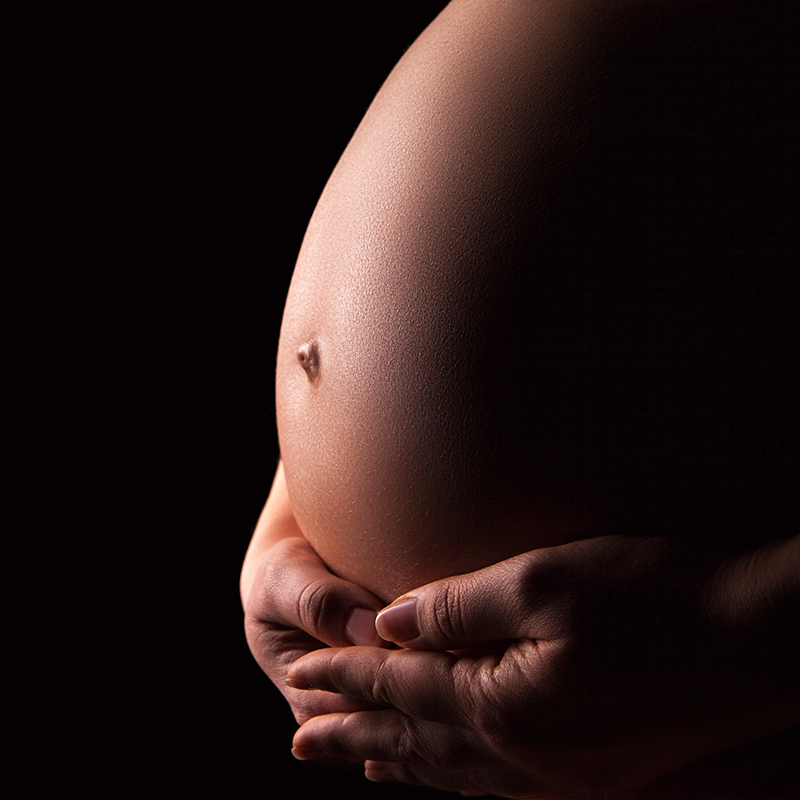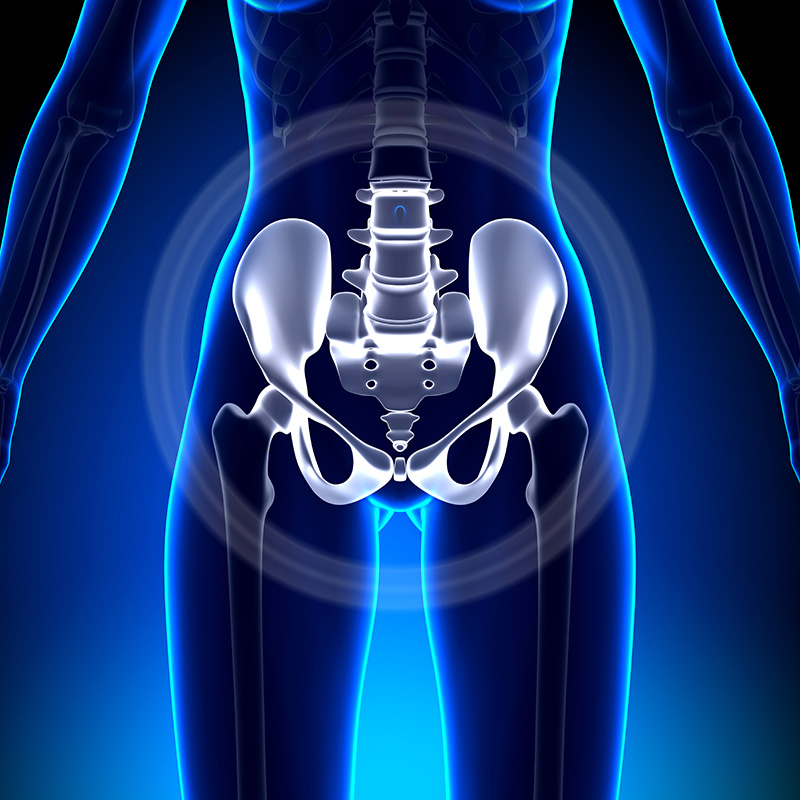Pelvic Health
Pelvic floor muscles are a group of muscles that extend from the pubic bone to the tailbone and are critical in supporting the pelvic organs, low back and hip joints. Like any muscle they can suffer damage or injury resulting in weakness and tightness. Some common causes of injury to the pelvic floor include: pregnancy, delivery (vaginal or caesarean), menopause, pelvic/abdominal surgeries, bad falls, chronic infections, cancer treatments or trauma. These can adversely affect your health causing incontinence, pelvic organ prolapse and pelvic pain disorders. Sadly, many of these health conditions often go unrecognized and untreated due to the embarrassing nature of these issues.


Urinary and Fecal Incontinence
Urinary incontinence (loss of bladder control) and fecal incontinence (loss of bowel control) are common problems often arising from issues with the pelvic floor muscles. Symptoms may include: leaking, increased urge to urinate/deficate and increased frequency of trips to the bathroom. An estimated one in four women will experience some form of incontinence during their lifetime but there is no need to suffer in silence.
Pelvic Organ Prolapse
Pelvic organ prolapse is the lowering of the bladder, uterus, urethra, or rectum into or past the vagina. While there are multiple factors causing prolapse, the trauma caused to the tissues during pregnancy and delivery play a major role. Symptoms may include: pain, feeling of heaviness in the pelvis, ability to see and feel the prolapsed tissue. Needless to say, this can negatively impact women’s quality of life and affect their sexual activity.
Pelvic Pain Disorders
Pelvic pain disorders can occur for many reasons. Pelvic infections, surgery, trauma, pregnancy and childbirth can all be contributing factors. Pain can be felt in the genitals, lower abdomen, pubic region, low back, hips and groin. Pelvic pain disorders can greatly influence a woman’s day-to-day life and often prevent using tampons, participating in sexual activity, participating in physical activity and even simple actions like walking, sitting, lifting and bending. Improved control of the pelvic floor muscles, implementing coping strategies and optimizing pelvic tissue function can work together to provide relief and improve quality of life.
Pregnancy Related Pelvic Girdle Pain
The female body undergoes many changes during the course of pregnancy to accommodate and nurture a growing baby. Unfortunately, this can often lead to pain in the low back, SI joints, pubic region, groin and the hips and muscles surrounding them. This pain can range from mild to severe and can be infrequent or persistent and often makes performing many daily activities difficult and uncomfortable.

If you are suffering with any of the following, pelvic physiotherapy may be of benefit to you:
Book an Appointment
If you would like to schedule an appointment, please call us at: 905-858-8000

